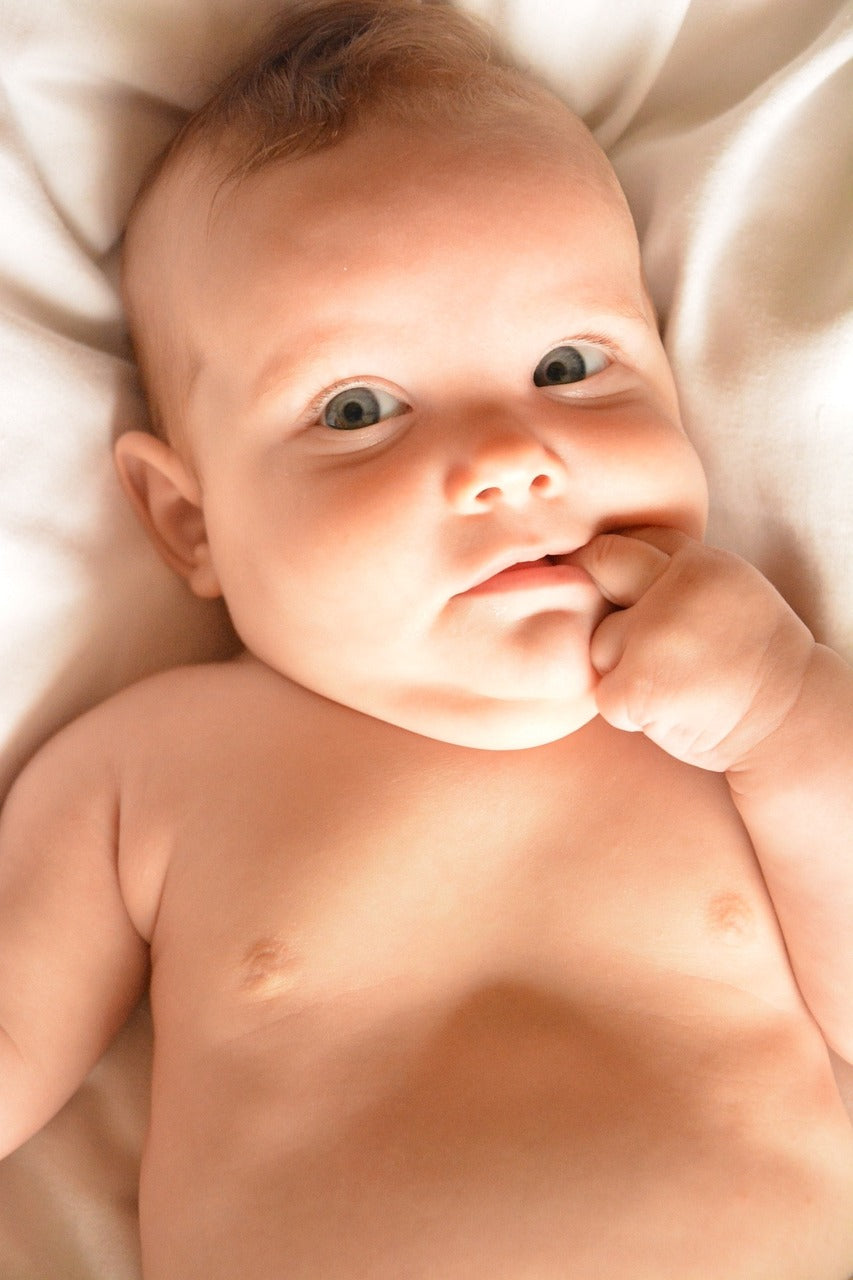What are some important vaccinations that babies should receive and at what ages?
Vaccinations play a crucial role in protecting babies from various infectious diseases. Here are some important vaccinations that babies should receive and the general recommended ages for administration:
1.Hepatitis B:
The first dose of the hepatitis B vaccine is typically given at birth or shortly after. The vaccine is administered in a series of doses, usually completing by 6 months of age.
2.DTaP:
The DTaP vaccine protects against diphtheria, tetanus, and pertussis (whooping cough). The vaccine is given in a series of doses at 2, 4, and 6 months of age, with booster shots at 15-18 months and 4-6 years of age.

3.Hib:
The Hib vaccine protects against Haemophilus influenzae type b, which can cause severe infections such as meningitis. It is administered at 2, 4, and 6 months of age, with a booster dose between 12 and 15 months.
4.PCV:
The pneumococcal conjugate vaccine (PCV) protects against pneumococcal bacteria, which can cause pneumonia, meningitis, and bloodstream infections. It is given at 2, 4, and 6 months of age, with a booster dose between 12 and 15 months.
5.IPV:
The inactivated poliovirus vaccine (IPV) protects against polio. It is administered at 2 and 4 months of age, with booster doses at 6-18 months and 4-6 years.

6.Rotavirus:
The rotavirus vaccine protects against a common cause of severe diarrhea and dehydration in infants. It is administered orally in a series of doses at 2, 4, and 6 months of age.
7.MMR:
The measles, mumps, and rubella (MMR) vaccine protects against these three viral diseases. It is typically given as a first dose between 12 and 15 months of age, with a second dose between 4 and 6 years.
8.Varicella:
The varicella vaccine protects against chickenpox. It is usually given as a first dose between 12 and 15 months of age, with a second dose between 4 and 6 years.

9.Hepatitis A:
The hepatitis A vaccine protects against hepatitis A virus infection. The first dose is usually given between 12 and 23 months of age, with a second dose administered 6 to 18 months later.
It's important to note that vaccination schedules may vary slightly depending on your country or region, and healthcare providers may have specific recommendations. It is best to consult with a healthcare professional or pediatrician to ensure your baby receives the appropriate vaccinations at the recommended ages. They can provide personalized guidance based on your baby's health and specific circumstances.








